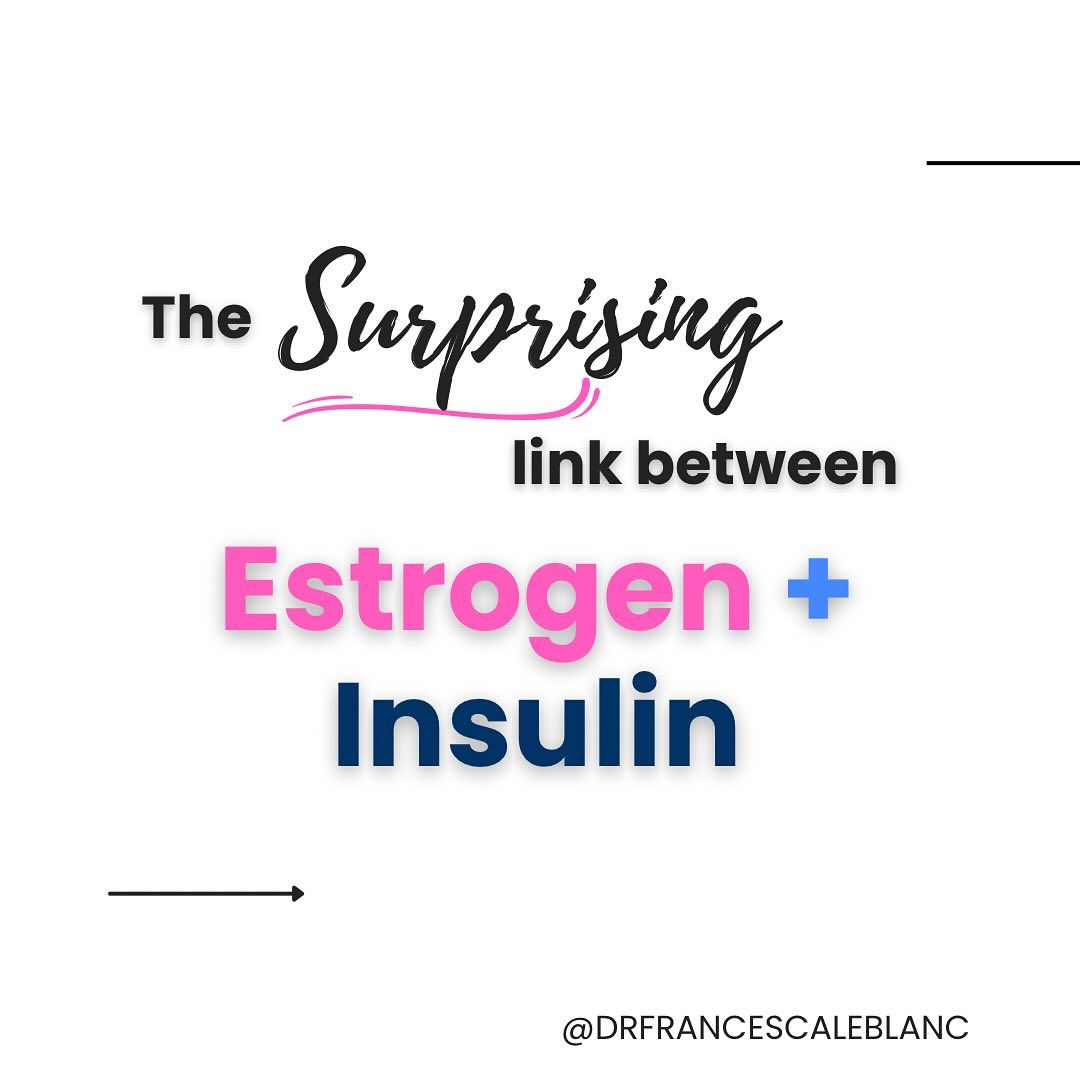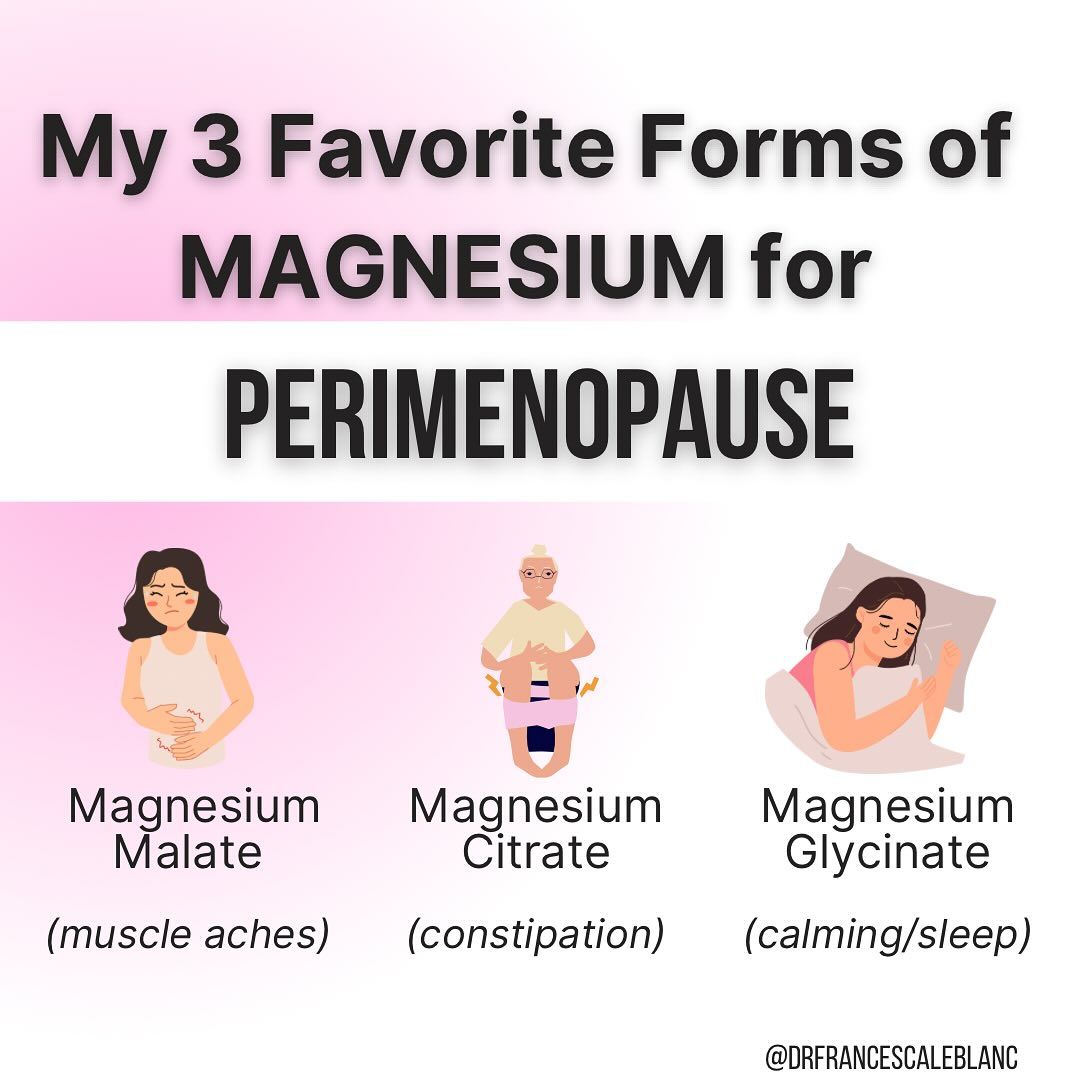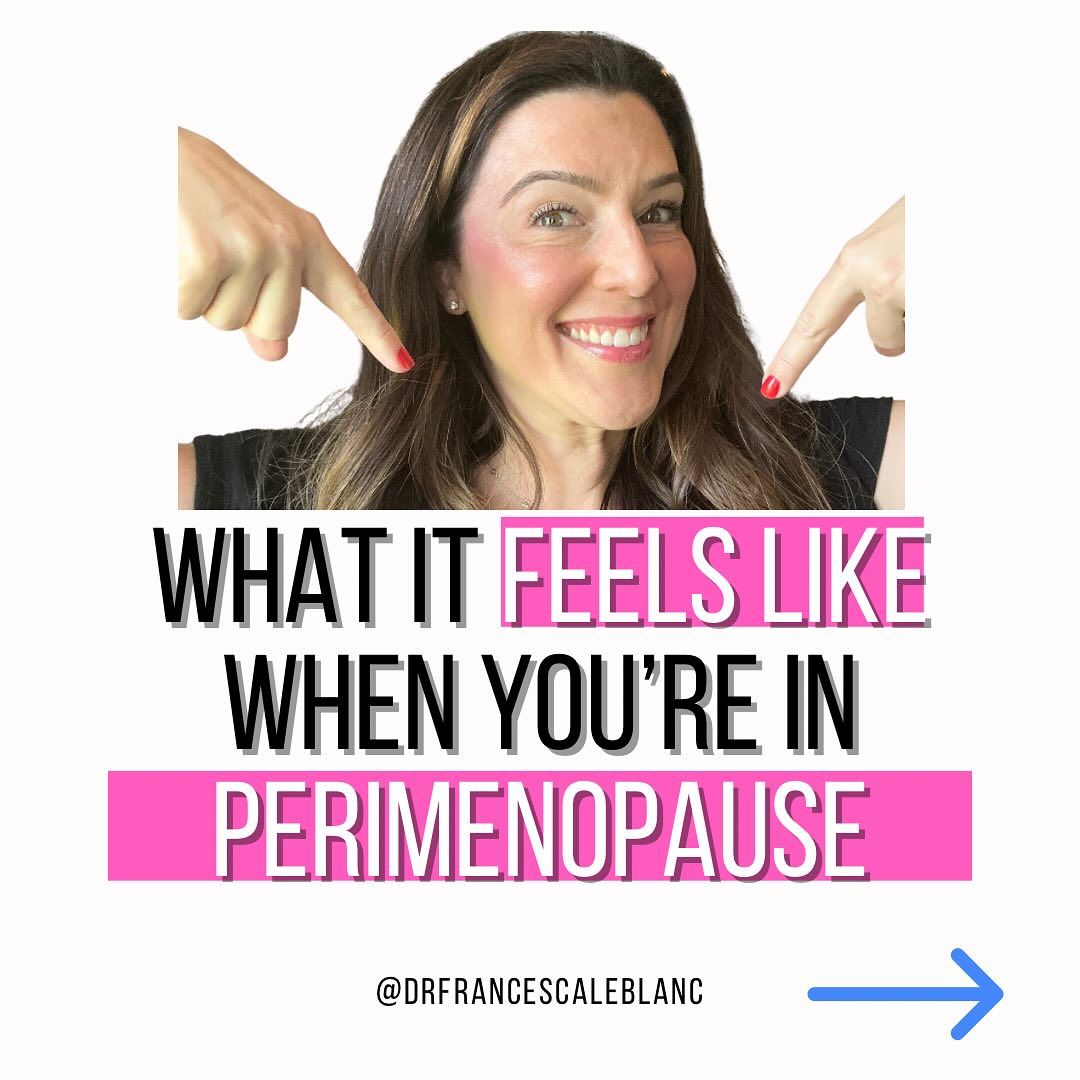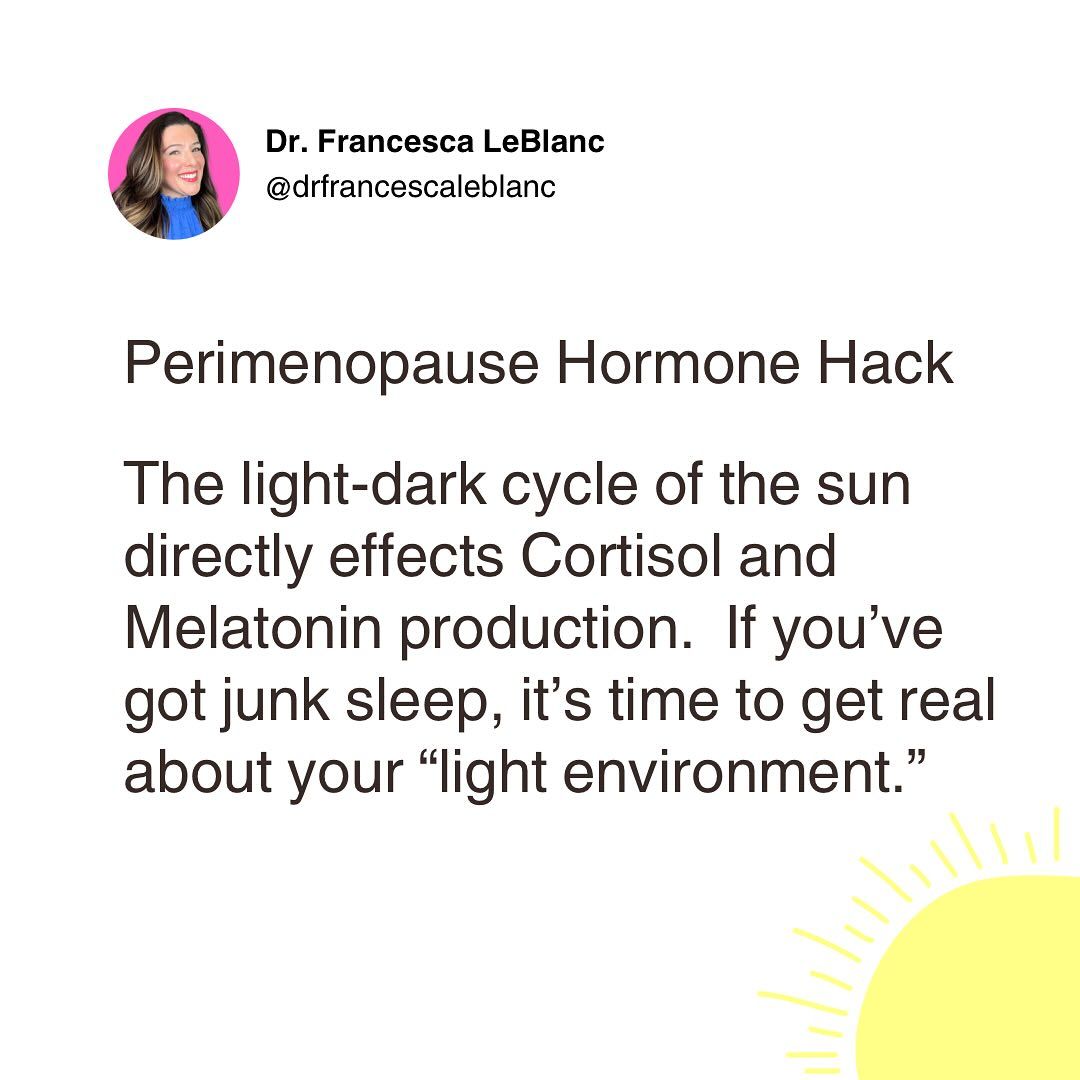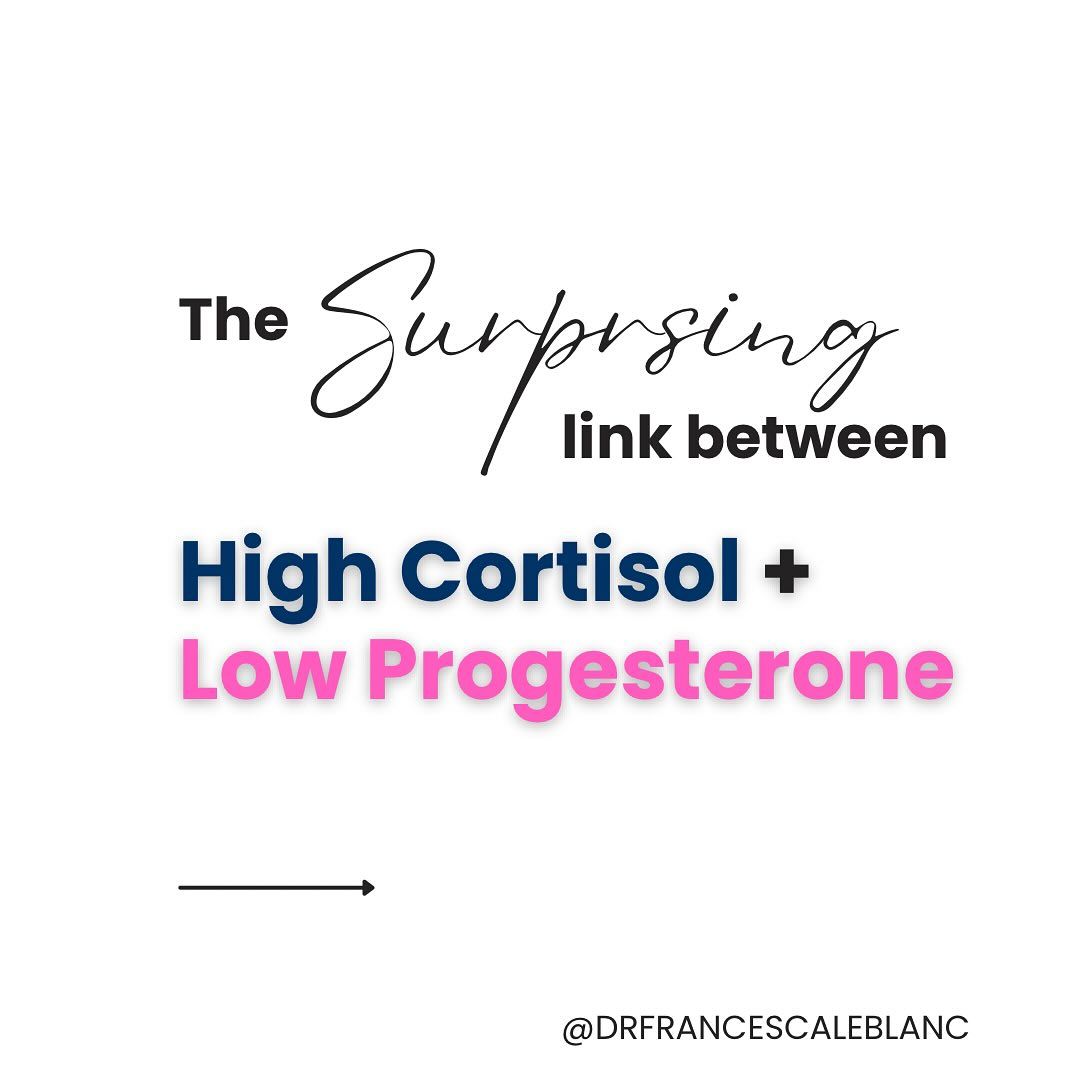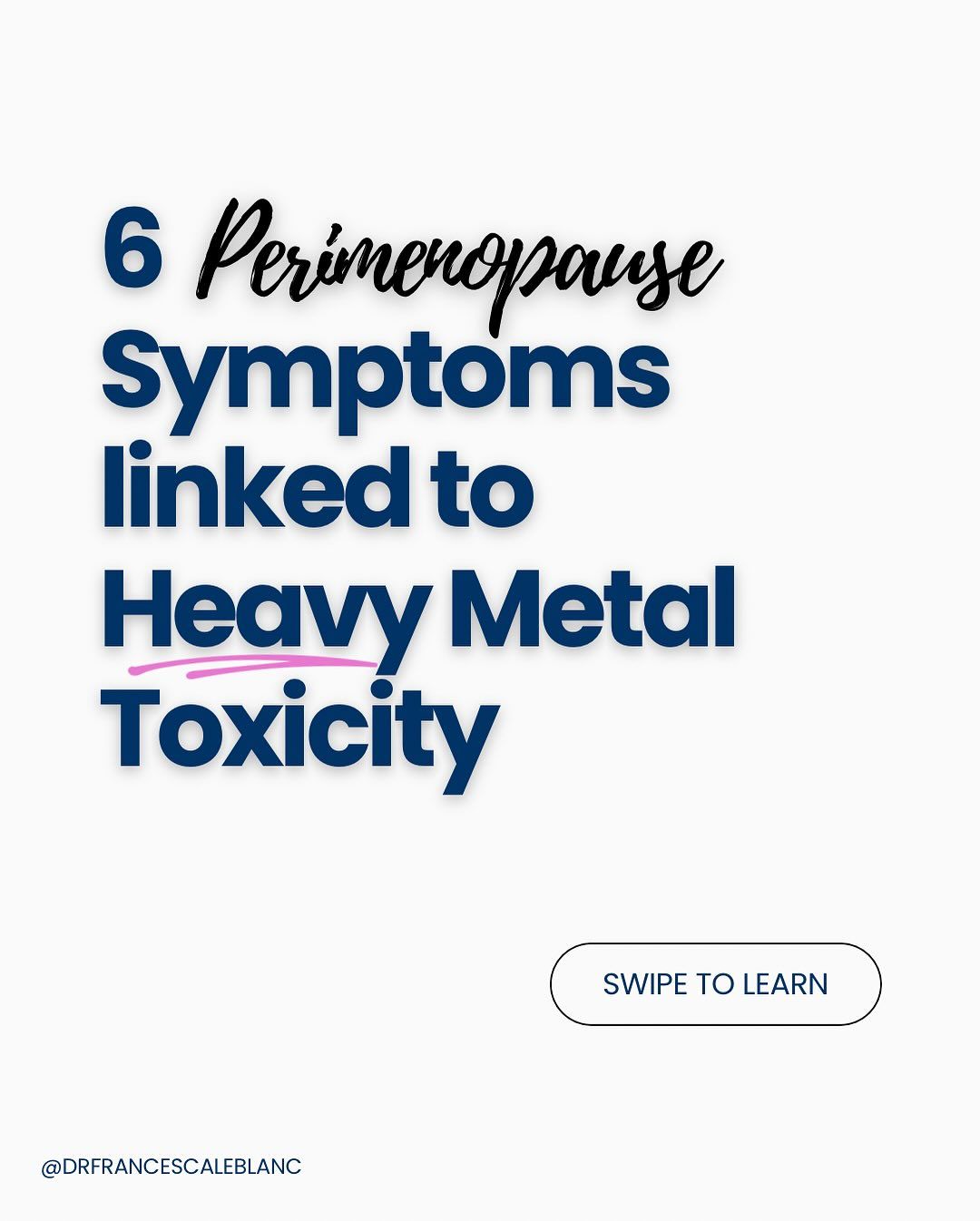It's time to feel like you again
Are you dreading another day of brain fog, mood swings, or feeling like a stranger in your own body? Are you over trying every “solution” and still not cracking the code to real energy, restful sleep, and a body that actually feels like yours? Have you wasted time (and money) on doctors who told you your labs were “normal”—when you feel anything but?
Let me be clear: You are not crazy. And you are not broken. Achieving true wellness in midlife requires more than a prescription and a pat on the back. It requires you in partnership with a practitioner who actually listens, tests thoroughly, and treats the whole picture. Because overwhelm is not a badge of honor. And suffering in silence is not your destiny.
Are you tired of feeling like your health is running you? You are in the right place.
Dr. LeB's Success Stories
Real People.
Real Healing.

Kathy was symptom-free and felt like herself again in just a few weeks!
“As a busy mom of twins, I had sleep and weight issues that that my doctors were treating separately with medications and it wasn’t working. I felt as if no one was listening to me. Dr. LeBlanc was able to connect all of the pieces for me. In just a few weeks I was symptom free and finally feeling like myself again. Dr. LeBlanc has an incredible wealth of knowledge and makes recommendations based on research, which is important to me.”

Tori got the answers she was looking for within a month and feels like a new woman!
“Dr. LeBlanc has been incredible in helping me heal. After suffering years with chronic heartburn, fatigue, and hormone issues, I was beyond frustrated. I wanted to find the root cause of all my issues, not just have a bandaid to mask symptoms. Dr. LeBlanc was a God send. Within a month I had answers I’d been searching for! To say I feel like a new woman is an understatement! I had no idea how awful I truly felt until I didn’t feel that way anymore. I’m forever grateful to Dr. LeBlanc and all of her knowledge and patience.”

Busy mom of three, Cory, finally got her “mo-jo” back!
“I would stay up until one or two in the morning googling my symptoms. I couldn’t understand despite eating a healthy diet and exercising why I couldn’t lose weight. I literally would wake-up from sleeping for eight hours and be so tired and have no energy. My marriage struggled because I was so irritable and never in-the-mood. After Dr. LeBlanc explained to me what was happening and how to support my hormones, I was surprised at how quickly I bounced back! My husband is thrilled I got my mo-jo back!”
Finally... Hormone Testing that Works
Real Healing. No appointments. No waiting rooms. No gatekeepers.
Test… Don’t Guess!
The Full Woman’s Hormone Panel is the ultimate starting point if you’re tired of unexplained symptoms and want real answers. We test for:
-
Estrogen – Understand mood swings, hot flashes, and cycle changes
-
Progesterone – Decode sleep issues, anxiety, and PMS
-
Testosterone – Assess energy, libido, and muscle health
-
Cortisol (stress hormone) – Reveal how stress impacts weight and fatigue
-
DHEA-S (Testosterone precursor) – Spot early hormonal shifts
-
Vitamin D – Check this essential hormone for bone, immune, and mood health
💡 Stop wondering what’s wrong. Start fixing it.
How do the labs work?
When should I take the blood sample?
I've heard the DUTCH or urine test is better.
How do I know it's legit?
I’m Dr. Francesca LeBlanc, and I help women stop feeling like strangers in their own bodies.
Perimenopause hit me like a freight train. Fatigue, brain fog, weight changes. I made it my mission to turn confusion into clarity. Now I give women the tools I wish I’d had: advanced hormone testing, science-backed strategies, and zero fluff. I cut through the noise, translate the medical jargon, and help you take back control of your midlife health. This season isn’t the beginning of the end. It’s the start of a whole new chapter.

Dr. LeB's Blog
Real Answers.
Root Cause Solutions. No Fluff.
Become a Hormone Health Insider!
Join the 30,000+ Women Already In The Know
Early bird pricing on all of our product launches and hormone health hacks are exclusive to this list.
Your email is safe with us. No spam, ever. Unsubscribe at any time :)




